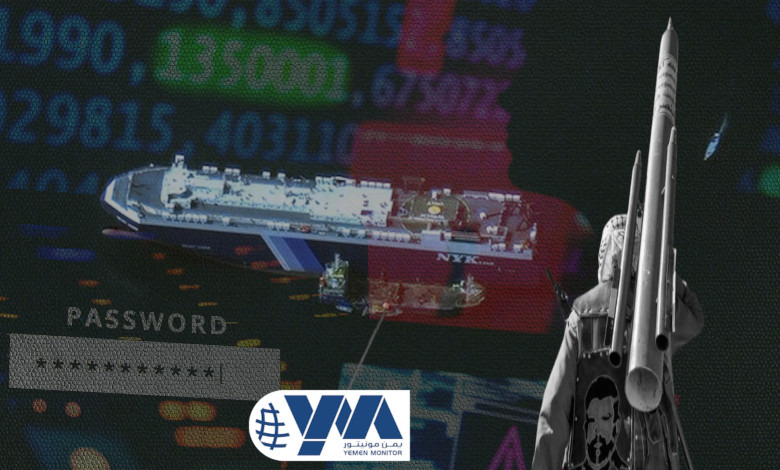Do speculations of the Yemeni legitimate government regarding internet cables came true?

Yemen Monitor/Ma’rib/Mujahid Muhammad
Damage to submarine cables in the Red Sea is disrupting telecommunications networks and forcing providers to reroute as much as a quarter of traffic between Asia, Europe and the Middle East, including internet traffic.
A statement from Hong Kong telecom HGC Global Communications says as much as 25% of the traffic in the areas has been impacted. The company is currently rerouting traffic to keep disruptions to a minimum and “extending assistance to affected businesses”.
There are more than 15 undersea internet cables in the Red Sea. To have four damaged at a single time is ”exceptionally rare,” HGC said in a separate, earlier statement.
While HGC did not say who was responsible for the damage, the report comes after the Yemeni government warned that the Houthis could target the cables, following the publication of a map of the cables on a Houthi-linked Telegram channel.
The disruption of the cables did not disconnect any country from the internet, but The Wall Street Journal reports service in India, Pakistan and parts of East Africa was noticeably degraded.
As reported by CNN that South Africa-based Seacom, which owns one of the cable systems affected said that the repair wouldn’t begin for at least another month, partly because of the length of time it takes to secure permits to operate in the area.
In early February, Yemen’s internationally recognized government alleged that the Houthis planned to attack the cables. The lines appeared to have been cut on Feb. 24, with the organization NetBlocks noticing internet access in the East African nation of Djibouti suffering from interruptions two days later.
But for their part, the Houthis have denied targeting the cables. They blamed the disruptions on British and U.S. military operations but did not offer evidence to support the allegation and have made false claims in the past.
Yemen’s Houthi-affiliated telecom ministry denied speculation it was responsible for the failures, saying it was “keen to keep all telecom submarine cables … away from any possible risks”.
Although, Israeli news outlet Globes alleged that the Houthis were responsible for the damage, but the movement’s leader, Abdel Malek al-Houthi, refuted these claims, saying: “We have no intention of targeting sea cables providing internet to countries in the region”.
It remains unclear how the Houthis could attack subsea cables themselves. While they are not known to have the diving or salvage capability to target the lines, which sit hundreds of meters (feet) below the surface of the waterway.
Houthis insist their attacks will continue until Israel stops its combat operations in the Gaza Strip, which have enraged the wider Arab world and seen the Houthis gain international recognition.




